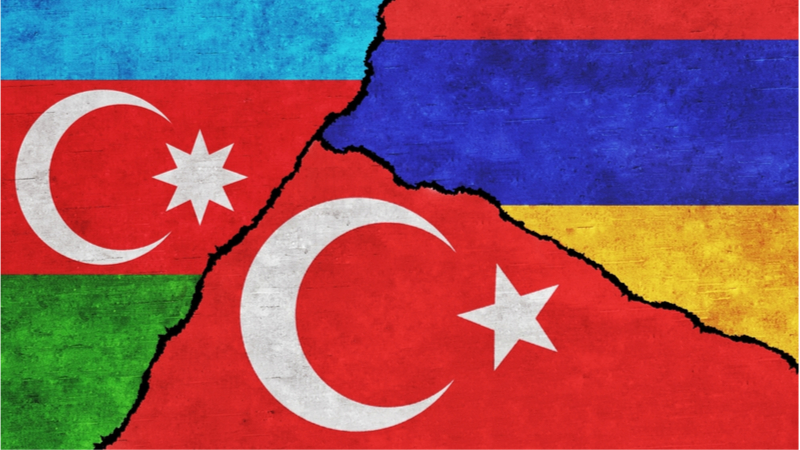Can Turkey Build a Middle East Consensus for a New Syria Intervention?
By Michaël Tanchum
August 29, 2022
With Russia bogged down in its war against Ukraine, Turkey announced its plans to conduct another military operation in northern Syria. At the July 19, 2022 Turkey-Russia-Iran Summit on Syria, Turkey’s President Recep Tayyip Erdoğan found Moscow and Tehran largely unaccomodating of Ankara’s plans in contrast to Turkey’s previous four interventions. Yet Turkey could use a distracted Russia’s inability to restrain Iran’s strategic designs in Syria as the basis to build a new Middle Eastern consensus for a Syrian intervention, as Egypt, Israel, the United Arab Emirates, and Saudi Arabia are each opposed to Iran’s presence in Syria. Aided by the fact that Turkey has recently engaged in a rapprochement with each of these actors, Ankara will need to convince them of two things to receive tacit consent – a new military intervention would indeed blunt Iran’s advances and that further entrenching Turkish control in northern Syria would not empower jihadi militant and Islamist extremists.
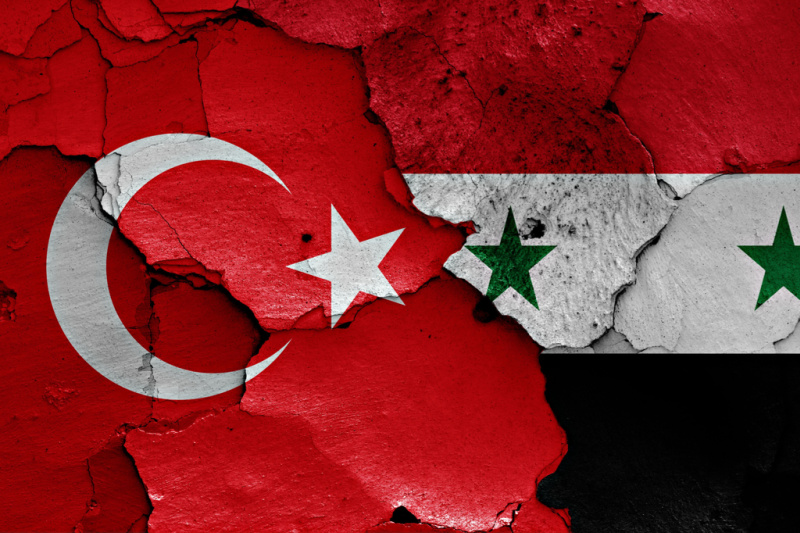
New Turkey-Uzbekistan Strategic Partnership Accelerates Turkey’s Rise as a Eurasian Agenda-Setter
By Michaël Tanchum
June 8, 2022
The March 2022 elevation of the Turkey-Uzbekistan relationship to a “Comprehensive Strategic Partnership” provides the Ankara-led Organization of Turkic States with a new geopolitical heft. To preserve its autonomy in the face of Beijing's growing regional dominance, Tashkent has turned to Ankara to act as countervailing force in both economic and security affairs. Combined with the expanding Turkey-Pakistan strategic partnership, this makes Turkey a rising Eurasian agenda setter that will impact the strategic calculus of both Beijing and Washington.
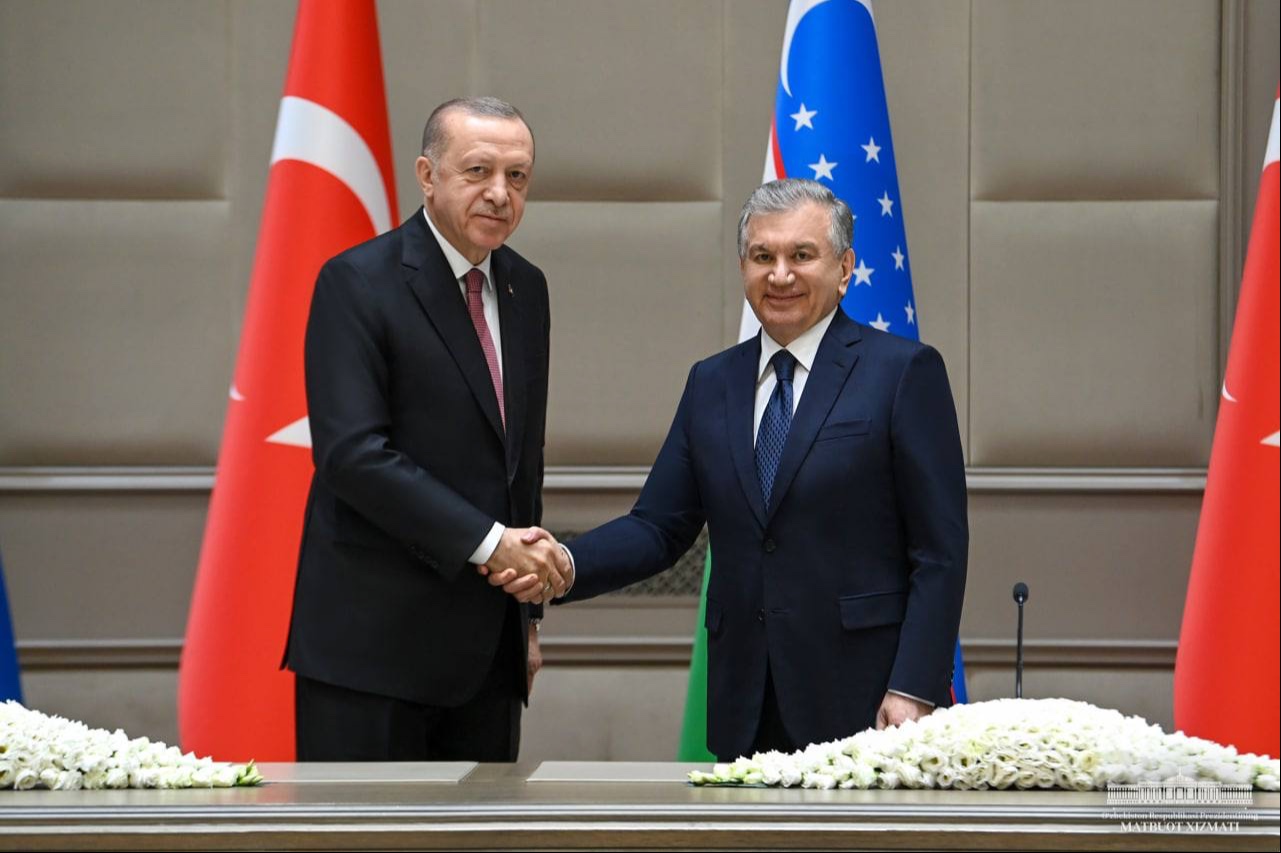
Turkey and the Ukraine War: Ankara Charts its Own Course
By Alan Makovsky
May 12, 2022
Despite suffering economic consequences, Turkey is diplomatically strengthened by the Ukraine war, reinforcing and seemingly validating the “strategic autonomy within NATO” course that President Recep Tayyip Erdoğan has pursued in recent years. This, in turn, may help determine the outcome of the presidential election next year.
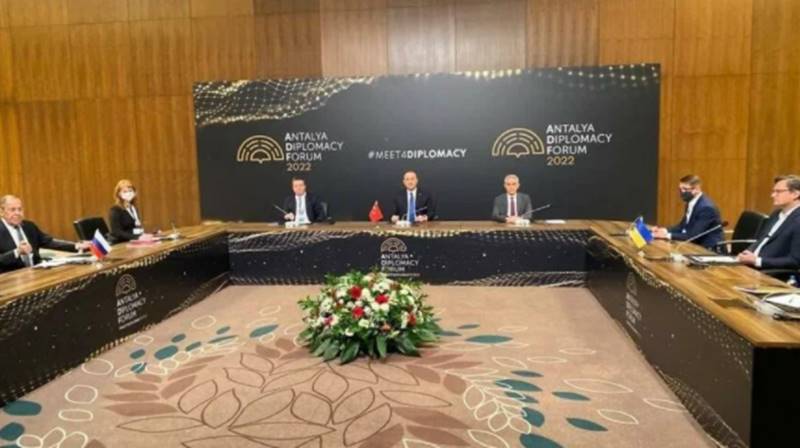
The Collapsing Lira: Is it a Threat to the Turkish Regime?
By Sada Garibova
January 19, 2022
While economic experts predict that Turkey’s new economic model will inevitably send the Turkish economy into a deep recession and impoverish its population, the regime is undeterred, and its commitment to new, unorthodox economic and monetary policies is unwavering. Given the historical pattern, a popular backlash is unlikely, and it would in any case not be allowed to imperil the survival of the regime. President Recep Tayyip Erdoğan is fully backed by the nationalist cadres of the state bureaucracy. The collapse of the lira may ultimately be more likely to pave the way for a more entrenched, authoritarian regime than to boost the prospects of the opposition.
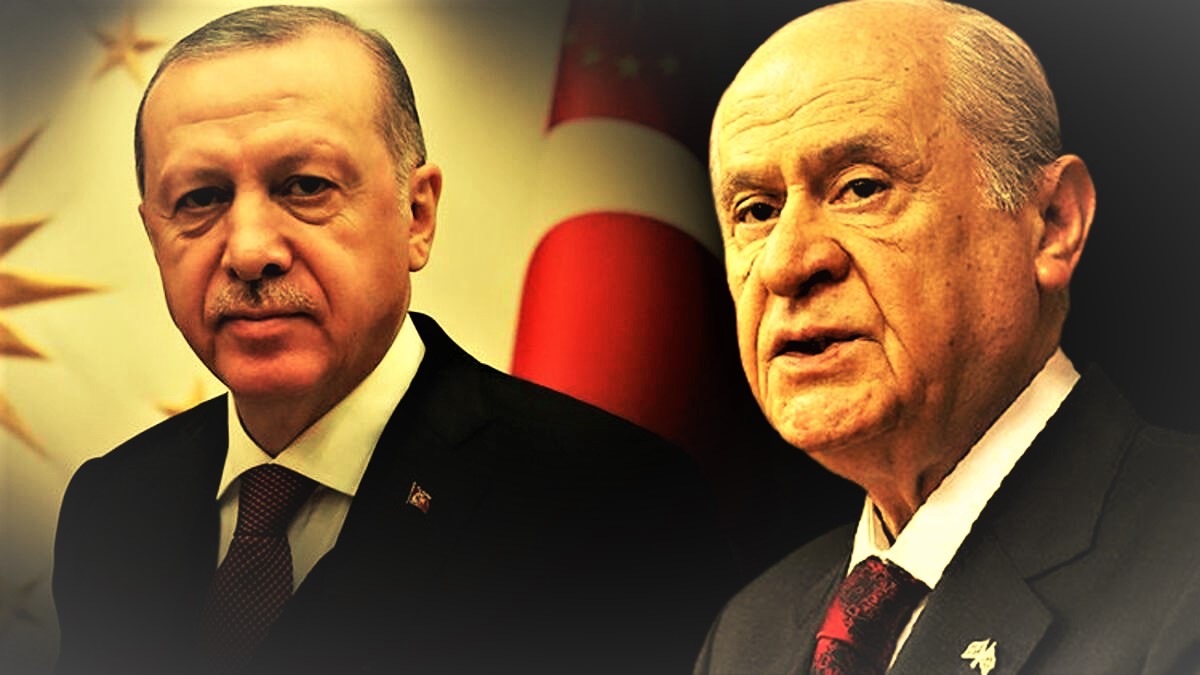
Normalization between Armenia and Turkey: Can it succeed?
By Natalia Konarzewska
January 14, 2022
In mid-December 2021, Turkey and Armenia mutually appointed envoys for upcoming normalization talks. Turkey has wider, strategic reasons for seeking reconciliation with Armenia, and the shift in the balance of power in South Caucasus since the second Karabakh war in 2020 has removed an obstacle for the pursuit of these ambitions. At first glance, the new rapprochement process promises to be more successful than the last time, in 2009, but ultimately the success of the rapprochement will depend on the trajectory of the relations between Armenia and Azerbaijan. Even though Yerevan realizes that it stands to benefit from a normalization of relations with Turkey, there is nonetheless a risk that its conflict with Baku, and the fear that the Armenian public might not stomach what would appear to be concessions to Azerbaijan, will prevent the Armenian government from pursuing the normalization.
